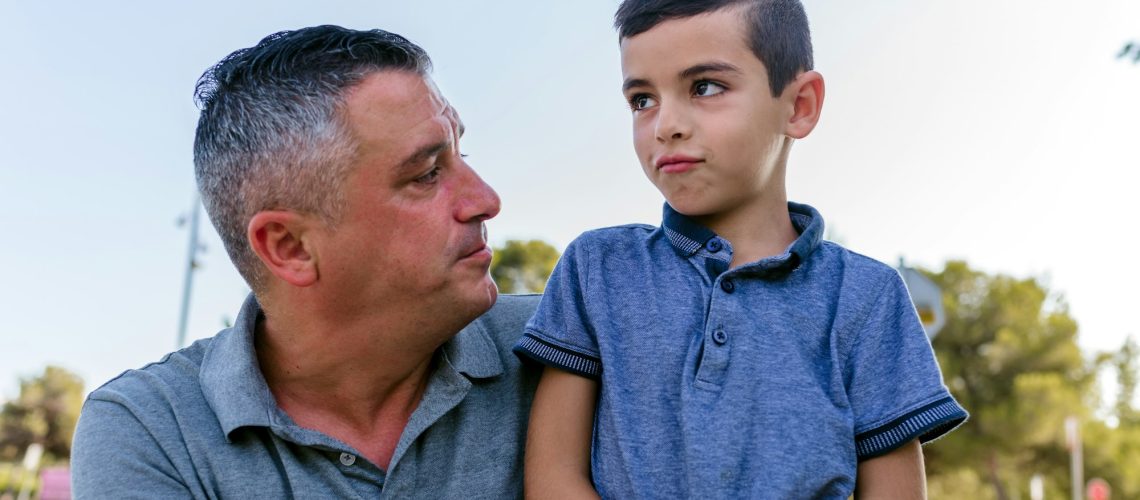As part of the Jan. 1, 2024 Outpatient Prospective Payment System (OPPS) guidelines, caregiver training services (CTS) codes were listed as billable services if provided by physicians and non-physician practitioners (NPPs).
I thought I would revisit these codes with greater specificity, as I am seeing some questions come up related to lack of provider awareness, and some confusion regarding providing support in an individual versus a group setting. The intent behind this ruling was to provide practitioners with the opportunity to be reimbursed for their time in providing treatment planning and supporting services to caregivers who support the management of their patients.
Pursuant to the Recognize, Assist, Include, Support, and Engage (RAISE) Family Caregivers Act of 2017, a caregiver is defined as an adult family member or other individual who has a significant relationship with, and who provides a broad range of assistance to, an individual with a chronic or other health condition, disability, or functional limitation. This includes family members, friends, or neighbors who provide unpaid assistance to a person with a chronic illness or disabling condition.
CTS will be reimbursed when provided by qualified practitioners, including but not limited to: physicians, nurse practitioners, clinical nurse specialists, certified nurse-midwives, physician assistants, clinical psychologists, and therapists (to include physical therapists, occupational therapists, and speech-language pathologists).
CTS is covered for patients under an individualized treatment plan or therapy plan of care, even when the patient is not present. Patient or representative consent is required for the caregiver to receive CTS, and this consent must be documented in the patient’s medical record.
The CPT codes for CTS include the following:
- 96202: Initial 60 minutes of multiple-family group behavior management/modification training for parent(s)/guardian(s)/caregiver(s) of patients with a mental or physical health diagnosis, administered by a qualified healthcare professional, without the patient present;
- 96203: Each additional 15 minutes of multiple-family group behavior management/modification training;
- 97550: Initial 30 minutes of caregiver training in strategies and techniques to facilitate the patient’s functional performance in the home or community;
- 97551: Each additional 15 minutes of caregiver training; and
- 97552: Group caregiver training in strategies and techniques to facilitate the patient’s functional performance in the home or community, with multiple sets of caregivers.
It is important to note that the CPT codes are broken down into appropriate group codes or individual codes based on the number of patients represented for caregiver training.
For instance, if the clinician is working with a patient’s daughter who is providing in-home support to her father with dementia, and the clinician and the daughter discuss the diagnosis and regularly review care plan needs and medication concerns to support the patient’s health condition, then CPT codes 97550 would be appropriate. However, if the clinician is hosting a dementia education and support group with caregivers, the code would be 96202.
It is important to note that if multiple caregivers are present for the same patient in the group setting, the time is still the same for the individual patient. Thus, the codes are based on training time related to the patient, not the number of caregivers.
The Centers for Medicare & Medicaid Services (CMS) provides these coding guidelines under Health Equity Services, to support providers for the time they are spending not only to care for patients, but also to support their natural support system. CTS provides holistic support and recognizes the time providers spend talking to family members and caregivers regarding their patients.
——————————————————
Originally Published On: ICD10Monitor
Photo courtesy of: ICD10Monitor
Follow Medical Coding Pro on Twitter: www.Twitter.com/CodingPro1
Like Us On Facebook: www.Facebook.com/MedicalCodingPro







